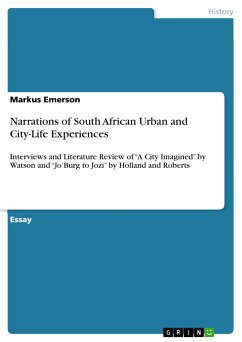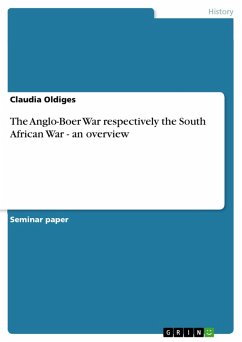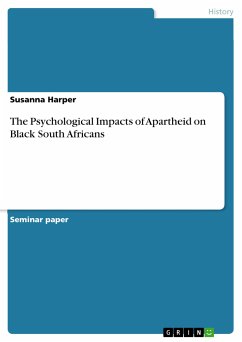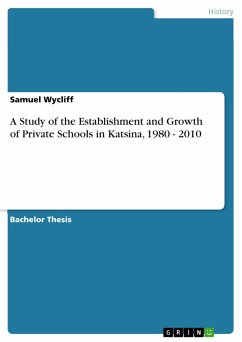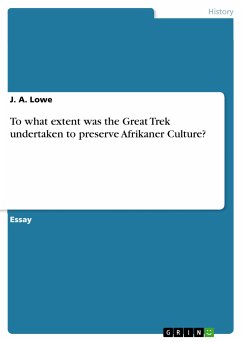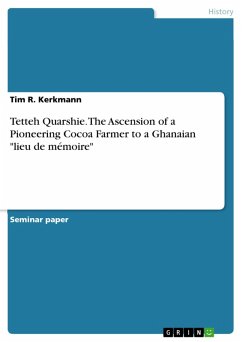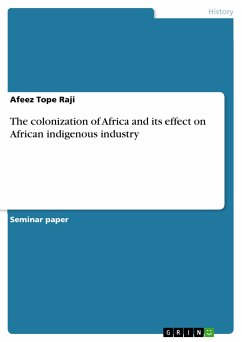Essay from the year 2011 in the subject History - Africa, grade: 1, University of the Western Cape (Department of History), course: The Making of the South African City, language: English, abstract: Life in big cities and the urban space that the cities create within their confinements are shaped by the complex interconnections between all the different people inhabiting the urban space, what the people created architecturally and what has been there before humans arrived - the nature. The interplay between the people themselves and between the people and the space is what makes urban spaces fascinating, on the one hand, and necessarily complex, on the other hand. More complexity is added when the people living in these spaces seem to be culturally different, i.e. having different ideas, attitudes and ways of dealing with their situations. South African cities are marked by very different cultures, not only shaped by the obvious and devastating effects of European colonisation but political systems like apartheid and also through the sheer mass of different cultures among its inhabitants. Cape Town and Johannesburg belong to the biggest South African cities and have that complexity at their heart. As the people themselves, who live in urban areas, and their connections among themselves and nature and are making up these urban spaces it is important to take their individual narrations about cities like Cape Town and Johannesburg into account. In order to get information about urban spaces, these individual stories and the experiences of individuals in the city can paint a "more realistic reconstruction of the past", as Thompson argues, and in fact also about the present life in urban spaces (24). Consequently, in the following essay I will focus on different narrations of Cape Town as an urban space. I will compare several short narrations of people's lives and experiences in Cape Town, which Watson compiled in a book called A City Imagined, to two interviews that I conducted with two Captonians (a man in his sixties and J., a young man aged 23) and will, when appropriate, relate this to a collection of stories about Johannesburg, entitled From Jo'burg to Jozi, edited by Heidi Holland and Adam Roberts.
Dieser Download kann aus rechtlichen Gründen nur mit Rechnungsadresse in A, B, BG, CY, CZ, D, DK, EW, E, FIN, F, GR, HR, H, IRL, I, LT, L, LR, M, NL, PL, P, R, S, SLO, SK ausgeliefert werden.

